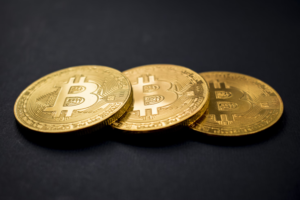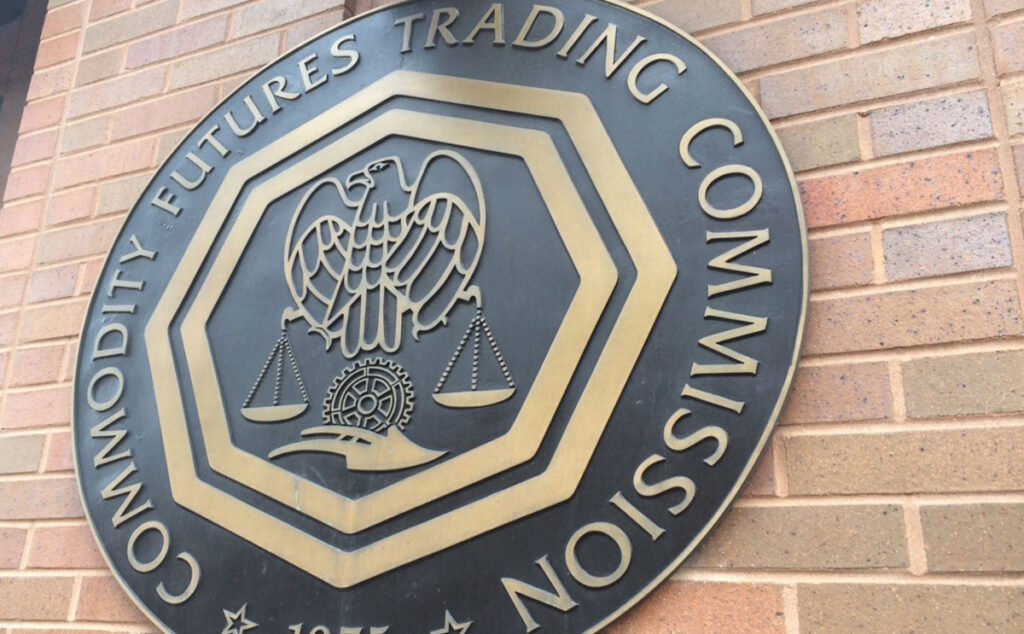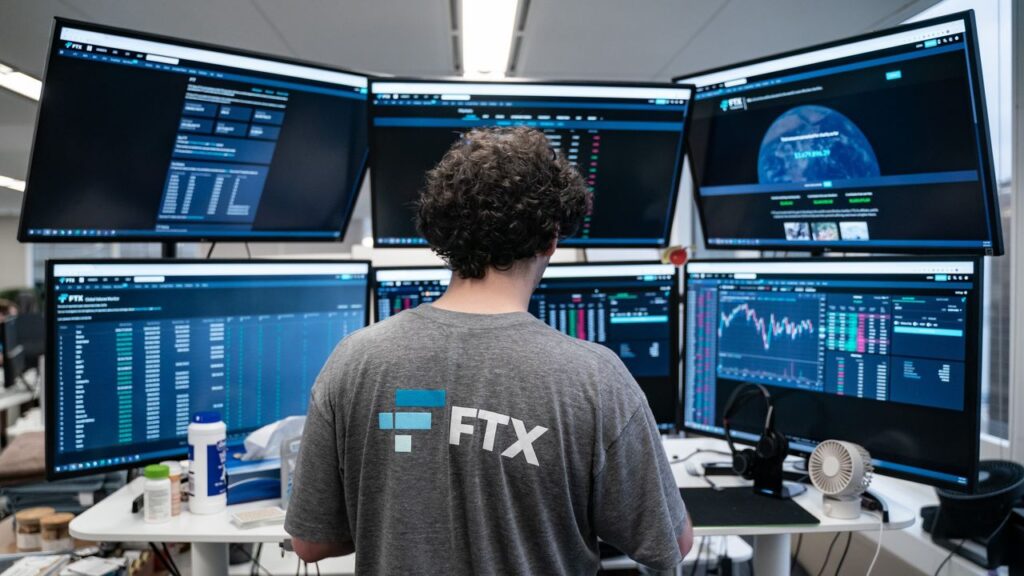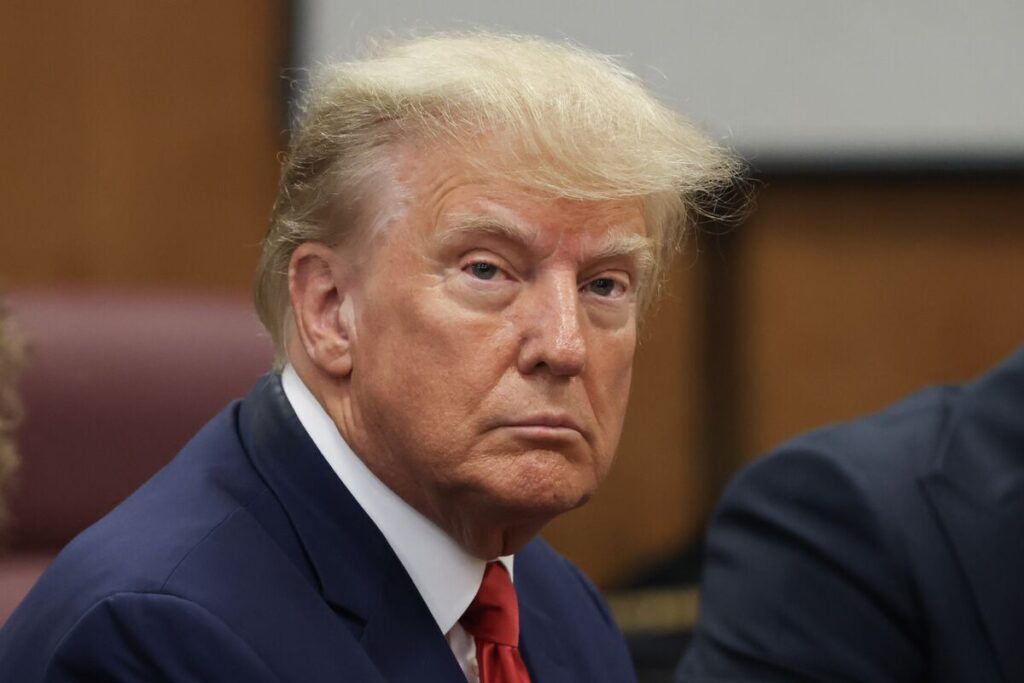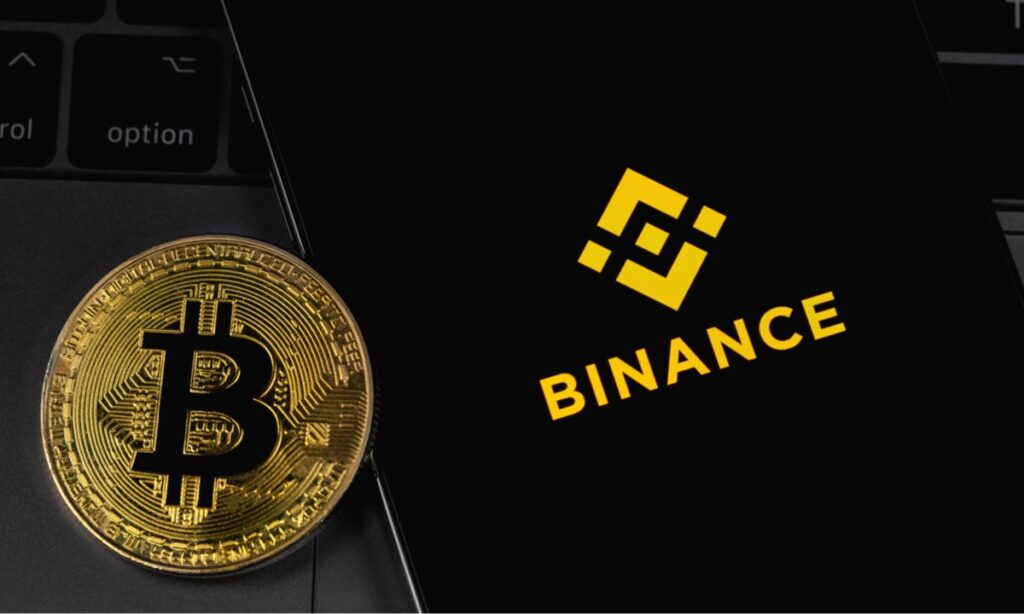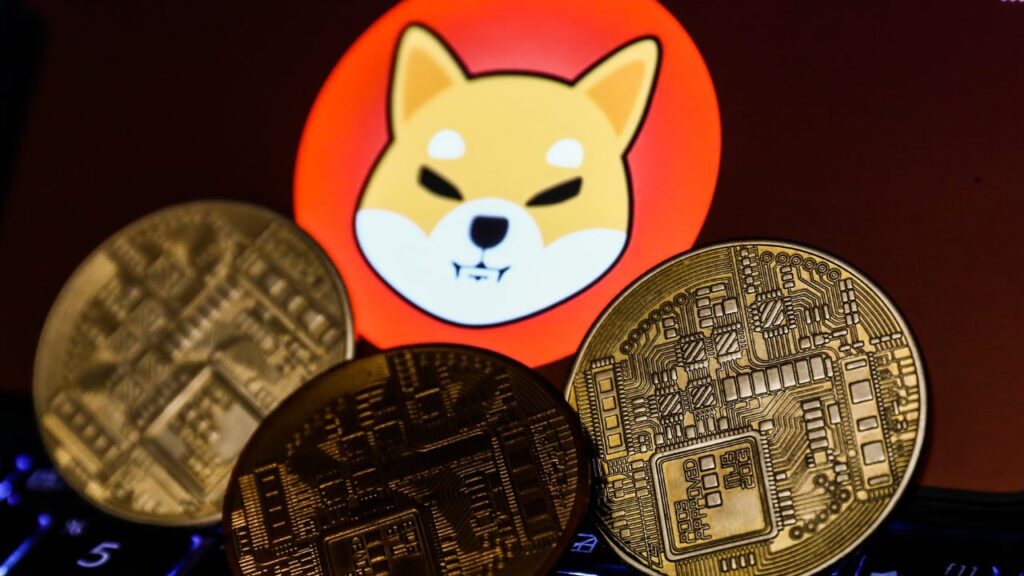The United States Securities and Exchange Commission (SEC) has rejected Coinbase’s request for an interlocutory appeal in their ongoing legal dispute, citing manipulation of the appeal’s question to fit legal criteria under 28 U.S.C. § 1292(b).
The SEC articulated this in a filing with the U.S. District Court for the Southern District of New York on May 10, stating, “Coinbase’s attempts to manipulate the question for appeal to shoehorn it into a certifiable question under 28 U.S.C. § 1292(b) are self-defeating.”
The core of the dispute revolves around Coinbase’s dissatisfaction with the Howey test, which the SEC uses to determine whether an offering qualifies as a security.
The SEC’s filing reiterates Coinbase’s antagonism towards the test and existing securities regulations, suggesting that Coinbase structured its business to avoid compliance costs, summarized by the SEC’s remark, “Coinbase just does not like the answer.
Having made the weather, Coinbase cannot now complain that it is raining.”
On April 12, Coinbase filed for the appeal, challenging the notion that an investment contract necessitates a post-sale obligation.
This led to a debate over whether this forms a controlling question—a significant legal query that could influence the lawsuit’s outcome.
The SEC opposes this appeal, arguing that Coinbase has failed to present a consistent interpretation of what constitutes a “contractual undertaking.”
The agency emphasized that no court in the past 80 years has required such post-sale obligations.
According to the SEC, “Coinbase remains unable to advance a single, coherent version of this theory, which it now claims presents a controlling question.”
Moreover, the SEC believes that Coinbase’s proposal of a new legal test and disagreement with the court’s previous decision do not justify the certification of an appeal.
The filing states, “Interlocutory review is not warranted simply because Coinbase proposes a new legal test and disagrees with the Court’s rejection of that test.”
The SEC initiated legal action against Coinbase in June 2023, accusing the exchange of violating federal securities laws by listing 13 tokens it claims are securities.
Coinbase maintains that the transactions on its platform do not fall under securities regulations—a stance directly opposed by the SEC, which considers some of these transactions to constitute “investment contracts” under federal law, as noted in court documents dated March 27.
To submit a crypto press release (PR), send an email to sales@cryptointelligence.co.uk.
The crypto industry has experienced significant growth due to the influx of new investors, enhancing adoption but also increasing scrutiny from regulators.
The industry now faces increased attention from regulatory bodies concerned with market manipulation, investor protection, and potential illicit uses of cryptocurrency.
The United States Commodity Futures Trading Commission (CFTC) has indicated a rise in enforcement actions within the next six months to two years.
During the 27th Annual Milken Institute Global Conference on May 6, CFTC Chair Rostin Behnam highlighted concerns about potential crypto-centered scams and frauds due to the surge in cryptocurrency prices and the participation of inexperienced retail investors.
Behnam expressed, “We’re going to probably see in the next 6 to 18 months, or 6 to 24 months, another cycle of enforcement actions because of this cycle of asset appreciation and interest by retail investors.”
In 2023, both the CFTC and the Securities and Exchange Commission (SEC) increased their enforcement actions, with the SEC tripling its number of administrative proceedings and initiating 46 enforcement actions, imposing $281 million in fines for settlements.
These enforcement actions have targeted a range of crypto firms, with notable actions against large platforms like Kraken, Binance, and Coinbase.
The SEC has focused particularly on firms with broker-dealer business models. Patrick Gruhn, a former partner at Crypto Lawyers, emphasized the SEC’s strategy, stating, “The SEC targets business models and firms that, from a high-level perspective, compete with traditional finance, e.g., broker-dealers.
READ MORE: Ether Prices Drop Amid SEC Uncertainty and Technical Corrections, Despite Bullish Patterns
If a project or company allows people to speculate on the price of crypto assets or generate interest-like payments, such a firm or project team is at risk, whether it considers itself decentralized or not.”
There is also a significant focus on privacy and mixer tools, with actions against services like Tornado Cash and the privacy-focused Samurai wallet.
This has sparked a mix of reactions in the crypto community, with many opposing the targeting of service creators who believe they are engaging in legal activities.
The lack of a unified regulatory framework in the U.S. has led to a complex environment for crypto firms, influencing how new and existing companies navigate the market.
As noted by Keith Blackman of the Bracewell law firm, the absence of clear regulations increases the need for companies to invest heavily in legal and compliance services, potentially stifling innovation and deterring new market entrants.
Despite regulatory challenges, the crypto market continues to attract interest from traditional finance, with new investment products like spot Bitcoin exchange-traded funds and the growing political influence of crypto holders.
To submit a crypto press release (PR), send an email to sales@cryptointelligence.co.uk.
FTX’s recent amended proposal, which includes an exculpatory clause, has met with significant backlash from its creditors.
Released on May 7, the proposal is aimed at compensating the creditors, including a noteworthy figure of “billions in compensation.” However, the inclusion of an exculpatory clause has become a major point of contention.
This specific clause would absolve Sullivan & Cromwell (S&C), the law firm managing FTX’s bankruptcy, from any liability for damages incurred during the bankruptcy process.
S&C’s involvement in the company’s affairs, as it had previously served as outside counsel in various transactions, further complicates perceptions.
Sunil, a prominent FTX creditor and member of the FTX Customer Ad-Hoc Committee, which represents over 1,500 creditors, strongly criticized the clause.
He highlighted that the clause would prevent S&C from being held accountable for potential misdeeds including “selling FTX assets at 70% to 90% discounts to their own clients and insiders.”
On May 8, Sunil expressed his discontent on X, stating:
“S&C included an exculpation clause so they can not be held liable for misconduct — selling FTX assets at 70% to 90% discounts to their own clients and insiders (Ledger X, Galaxy), not restarting FTX 2.0, etc if we accept the plan.”
This controversy follows a lawsuit filed three months prior by top FTX creditors against S&C.
The lawsuit accused the firm of actively participating in FTX’s “multibillion-dollar fraud” and profiting from these misdeeds. A February 16 court document illuminated the allegations:
“S&C knew of FTX US and FTX Trading Ltd.’s omissions, untruthful and fraudulent conduct, and misappropriation of Class Members’ funds.
READ MORE: Coinbase Faces Class-Action Lawsuit Over Alleged Securities Deception
“Despite this knowledge, S&C stood to gain financially from the FTX Group’s misconduct and so agreed, at least impliedly, to assist that unlawful conduct for its own gain.”
The financial ties are further underlined by the fact that FTX owed S&C up to $1.45 billion in legal bankruptcy fees, a figure confirmed by compensation filings from December 2023.
The response from FTX’s creditors has been overwhelmingly negative, especially concerning the proposal’s payment plan.
While FTX debtors have suggested a compensation formula based on a depreciated Bitcoin valuation of $16,800, critics argue this is grossly unfair given Bitcoin’s price increase since FTX’s collapse.
BitGo CEO Mike Belshe commented on the matter in a May 8 X post:
“0% of FTX creditors agree that receiving $16800 for your bitcoin is fully compensated. I understand why the bankruptcy process needs to work this way but let’s not pretend victims are getting their money back or that FTX wasn’t as awful as it was.”
Given these circumstances, there’s a significant possibility that the amended plan will be rejected by the creditors, as further indicated by Rob, Paradex’s head of growth and a pseudonymous FTX creditor, who voiced his decision to reject the plan on May 8:
“Icing on the cake from the team that destroyed billions of potential value for FTX customers. This can’t be allowed. I’m voting NO on this plan.”
To submit a crypto press release (PR), send an email to sales@cryptointelligence.co.uk.
The Starknet Foundation recently unveiled a significant $5 million Seed Grants Program, designated in USDC, to propel the development of nascent projects on its network.
This initiative is set to provide vital financial backing to at least 200 emerging teams, each receiving $25,000.
The focus is on aiding projects in their final stages, helping them overcome the “last mile” challenge to successfully launch on Starknet.
Starknet operates as an Ethereum layer-2 scaling solution employing zero-knowledge rollup technology, which has been gaining traction among developers.
Diego Oliva, CEO of the Starknet Foundation, emphasized the rationale behind this substantial financial commitment.
He explained, “We’ve been listening carefully to devs [developers] and hearing about the main challenges they face.
“We are talking about people with amazing creativity and vision who need support with that ever-hard ‘last mile’ to get a project over the line and into production.
“So we responded with this program, which is intended, very directly and with minimal bureaucracy, to address this.”
This quote highlights the foundation’s strategic approach to foster a robust development environment and streamline project completion.
READ MORE: Bullish Momentum Looms: Bitcoin’s Price Eyeing Upsurge on Inverse Head-and-Shoulders Confirmation
The program targets Starknet-associated projects that have already developed a minimum viable product (MVP) or proof-of-concept, which are considered ready for the next leap.
Oliva further stated, “In general, we want to reduce the barriers and burdens young teams face when considering starting a project.
We’re trying to clear the path to innovation,” reflecting the foundation’s commitment to reducing entry barriers for newcomers and catalyzing innovation within the blockchain ecosystem.
The rising interest in Starknet is evidenced by the growing number of developers engaging with its ecosystem.
According to Electric Capital’s 2023 Developer Report, the total monthly developers associated with Starknet surged to over 22,400 by December 2023, marking an increase of more than 113% since December 2020.
Blockchain gaming, in particular, stands out as a significant area of growth and application within the Starknet and broader blockchain environment.
Oliva commented on the exciting developments in this sector, stating, “Starknet is leading the way in fully on-chain gaming.
Key projects in this area include Realms, Influence, and Dojo.
This sector is growing fast, with more teams building on Starknet using the Dojo standard.
Gaming is important not just for gamers but for everyone because it’s demanding on the network, testing its capabilities and demonstrating its power.”
According to DappRadar, blockchain gaming accounts for 35% of the total decentralized application activity, attracting over 2.2 million daily unique active wallets, underscoring the substantial impact and potential of gaming on blockchain platforms.
To submit a crypto press release (PR), send an email to sales@cryptointelligence.co.uk.
Arthur Hayes, co-founder of BitMEX, believes the next few months present a prime time for cryptocurrency investment, particularly for those with disposable fiat money.
In an interview with Cointelegraph, Hayes emphasized, “Those people who have fiat and extra cash that want to allocate to crypto, this is the perfect opportunity to do so.”
He sees the current stagnant market conditions as a golden chance to buy before the expected uptrend in the crypto market.
He attributes the anticipated rise in Bitcoin and other cryptocurrencies later this year to inflationary monetary policies.
Hayes suggests that these policies will play a central role in driving the market upwards.
READ MORE: Sui Network Addresses Token Supply Concerns, Asserts Transparency and Third-Party Oversight
He states, “Major economies around the world are going to print even more money between now and, say, the next 18 to 24 months,” signaling potential inflationary pressures that could increase the value of decentralized digital currencies like Bitcoin.
Furthermore, Hayes argues that the forthcoming United States presidential elections will act as a bullish catalyst for the cryptocurrency market.
He believes that financial authorities in the U.S. will likely adopt looser monetary policies to aid President Joe Biden’s reelection campaign.
Such actions, according to Hayes, will mirror past trends where monetary expansion was linked to rallies in the crypto market.
He explains the process by which governments can influence the economy and, by extension, the crypto market: “When you control the purse of the government, it’s very easy to do so by printing money, borrowing it, and handing it out to people in various forms.”
This method of monetary manipulation historically correlates with increases in the cryptocurrency market, suggesting a similar outcome could occur in the upcoming election cycle.
To submit a crypto press release (PR), send an email to sales@cryptointelligence.co.uk.
In a recent discussion at the BIS Innovation Summit on May 7, JPMorgan‘s Onyx blockchain-based payment platform CEO, Umar Farooq, highlighted the inadequacies of public blockchains for managing large transactions.
He stated, “I think you almost need something like [a Unified Ledger]. I mean, it’s actually almost a necessity because if you look at […] public blockchain ledgers, they are not fit for purpose for large transactions today.”
Farooq’s comments were in response to the Unified Ledger, a concept introduced by the Bank of International Settlements (BIS) aimed at facilitating central bank money flows, tokenized deposits, and digital assets on its network.
He elaborated on the risks associated with public blockchains, pointing out the lack of accountability in cases where substantial transactions fail.
“Who do I sue? […] You need to get somewhere where people can do trusted transactions between financial institutions with some sort of accountability in the system,” Farooq emphasized.
Despite criticizing public blockchains, Farooq leads a platform that operates as a private, permissioned version of Ethereum, the second-largest public blockchain.
This private chain variant allows for transaction reversals, differentiating it significantly from its public counterparts.
Additionally, Farooq critiqued the incentive structures of cryptocurrencies on public blockchains, which he believes are designed to increase user numbers and thus the price of the coins.
READ MORE: Grayscale Bitcoin Trust ETF Sees First Day of Net Positive Inflows Since Spot Bitcoin ETF Conversion
He suggested that blockchains should evolve to be seen more as a public good rather than mechanisms for financial gain: “We need to get to an evolution point where the technology starts to be seen as a public good versus as a means to enrich.”
In contrast to JPMorgan’s preference for private blockchain solutions, other traditional financial institutions seem to favor public blockchains for asset tokenization.
Celisa Morin, former vice president of platform distribution at Grayscale, indicated that entities like BlackRock are increasingly interested in public blockchains for these purposes.
Morin stated, “I think we see a preference for private chains with JPMorgan’s Onyx. But I do think that this was the narrative a few years back. Now, I think it’s very much the public blockchains.”
Highlighting the growth of public blockchain utilization, BlackRock’s $100 million tokenized “BUIDL” fund, launched on the Ethereum network on March 18, now holds over $382 million, making it the world’s largest tokenization fund, according to Dune data.
To submit a crypto press release (PR), send an email to sales@cryptointelligence.co.uk.
Bitfinex‘s chief technology officer Paolo Ardoino dismissed claims by hacking group Fsociety that it hacked the cryptocurrency exchange’s database and leaked 22,500 customer emails and passwords.
Ardoino labeled the claims as “fake” and stated, “If they had any real information they would have asked a ransom through our bug bounty, customer support ticket, emails, Twitter, etc.
“We couldn’t find any request.” He emphasized that Bitfinex does not store plaintext passwords or 2FA secrets in clear text.
Out of the 22,500 records leaked, only 5,000 matched with Bitfinex users.
Ardoino suggested that the hackers likely obtained the data from other crypto data breaches, noting that many users use the same email and passwords across multiple sites.
A security researcher shared a message suggesting that the hackers might be using the claim to promote a data retrieval hacking tool.
READ MORE: Crypto Analyst Forecasts First Billion Users by 2025, Chart Reveals Path to Mainstream Adoption
According to the researcher, such claims serve as advertisements for the tool, enticing others to purchase it for exploiting companies.
Ardoino reassured users that investigations were ongoing, but no breach had been detected, and all funds remained safe.
This incident isn’t the first time Bitfinex has faced scrutiny over data breaches.
In November 2023, a minor information security incident occurred when one of its customer support agents was hacked, leading to phishing attacks targeting Bitfinex users.
However, Bitfinex stated that little harm resulted from the incident.
In 2016, Bitfinex experienced a major security breach resulting in the loss of 119,576 customers’ Bitcoin, valued at around $70 million at the time, equivalent to approximately $7.6 billion at current prices.
To submit a crypto press release (PR), send an email to sales@cryptointelligence.co.uk.
The trial of Tigran Gambaryan, a Binance executive detained in Nigeria, has been postponed again, this time until May 17, according to a recent announcement.
Gambaryan has been held since February over allegations involving money laundering.
A Reuters report from May 2 stated that Binance’s legal team did not receive necessary documents to proceed with the trial, initially slated to begin on the same day.
The delay was confirmed by the presiding judge who adjourned the case to allow sufficient time for document review.
This case, which accuses Gambaryan and Binance’s regional manager Nadeem Anjarwalla of money laundering, is distinct from another set of tax evasion charges filed against them and Binance by Nigeria’s Economic and Financial Crimes Commission.
All parties involved in the money laundering allegations have entered pleas of not guilty.
Alongside the postponed trial, a bail hearing for Gambaryan has been scheduled for the same date, May 17.
The backdrop to these legal troubles involves a contentious visit by Anjarwalla and Gambaryan to Nigeria.
Their trip was aimed at addressing accusations that Binance had manipulated Nigeria’s currency, the naira.
READ MORE: Bitcoin Price Plunges Following Lackluster Debut of Hong Kong ETF
However, following their visit, both were detained on charges of tax evasion and money laundering. Anjarwalla managed to escape custody and has since fled to Kenya, where he also holds citizenship, in addition to the United Kingdom.
On April 30, Interpol confirmed that extradition proceedings to return Anjarwalla were underway.
The timing of the arrests has drawn skepticism and criticism, especially as they coincided with Binance’s announcement to halt all transactions in the Nigerian naira.
This move led to speculation about the motives behind the government’s charges.
Binance has defended Gambaryan, asserting that he does not hold decision-making authority within the company.
Meanwhile, in the United States, a related criminal case has concluded with former Binance CEO Changpeng Zhao receiving a four-month prison sentence.
On April 30, he was found guilty of failing to implement a proper Anti-Money Laundering program.
Zhao is scheduled to serve his sentence in a correctional facility in either Oregon or Washington, with the specific date yet to be confirmed.
To submit a crypto press release (PR), send an email to sales@cryptointelligence.co.uk.
Blockchain oracle provider Chainlink has announced a partnership with FIX connectivity solutions firm Rapid Addition to create a FIX-native adapter aimed at enhancing institutional digital asset trading.
This initiative leverages Chainlink’s Cross-Chain Interoperability Protocol (CCIP), designed to facilitate a variety of applications such as token transfers, gaming, and decentralized finance (DeFi).
Chainlink’s new development focuses on enabling banks and financial institutions to seamlessly communicate and interact with a diverse range of tokenized assets.
The organization identifies this venture as a promising market opportunity, potentially revolutionizing sectors like renewable energy, carbon credits, and real-world assets (RWAs) including real estate, infrastructure, and collectibles.
Vince Turcotte, Chainlink Labs’ business development lead for Asia Pacific, shared insights with Cointelegraph regarding the capabilities of this adapter.
Drawing parallels to Chainlink’s collaboration with the SWIFT banking system, Turcotte highlighted that financial entities can utilize the adapter to embed smart contracts with specific FIX tags and instructions.
He emphasized its utility in the post-trade process, stating, “We expect this will be particularly useful for the post-trade environment, as it will allow a single source of truth for trade allocations, which can be shared simultaneously and without duplication between asset managers, brokers, and custodians.”
Turcotte also noted that the adapter facilitates integration into existing legacy systems, enhancing the efficiency by reducing settlement errors and rejections.
READ MORE: Apple Pursues AI Advancements Through OpenAI Collaboration
He explained that the synergy between Chainlink and FIX will allow traditional risk and execution platforms to effectively interact with emergent blockchain-based asset types.
Discussing the broader implications of this technological advancement, Turcotte projected that digitally native institutions are likely to lead in adopting this integration.
“We expect that digitally native institutions will be the early adopters of this integration.
“These institutions recognize the value of using the FIX protocol to engage with the broader TradFi ecosystem and the value of permanence and truth via blockchain,” he elaborated.
Turcotte also mentioned the cost benefits for asset managers and their clients, who could economize by using a unified, continuously updated platform for settlement instructions.
“Asset managers and their clients can save costs by having a single source of truth for settlement instructions available to all counterparties to a trade and constantly updated 24/7,” he added, pointing out the financial and operational efficiencies enabled by the new adapter.
To submit a crypto press release (PR), send an email to sales@cryptointelligence.co.uk.
Recent downward trends in the cryptocurrency market have exerted downward pressure on the price of Shiba Inu (SHIB).
Nonetheless, several analysts remain optimistic about the token’s future trajectory, foreseeing it potentially reaching $0.00017 in the coming years.
Oscar Ramos, a well-known advocate for Shiba Inu, projects that the asset could hit $0.00017 by 2025, aligning with the anticipated culmination of the ongoing crypto bull cycle.
This optimistic outlook implies a substantial 640% increase for investors who buy SHIB at its current price of $0.00002296.
On the other hand, platforms like Changelly and Telegaon adopt a more cautious stance, proposing a six-year timeframe for SHIB to attain this valuation, suggesting $0.000059994 as a potentially more realistic peak during the current bull market.
The possibility of SHIB reaching $0.0001 or beyond has been a frequent topic of discussion among analysts, citing its past performance as a basis for optimism.
Analyst Eunice Wong suggests that a similar surge could propel SHIB to $0.000125.
Furthermore, SHIB’s expanding roster of partnerships adds to the positive sentiment surrounding its future prospects.
READ MORE: OpenAI Faces Privacy Complaint Over Chatbot Accuracy Concerns
Collaborations such as the recent venture with CDSA to utilize Shibarium for combating piracy, alongside another undisclosed partnership hinted at by lead developer Shytoshi Kusama, contribute to the bullish outlook for the asset.
However, the prevailing bearish sentiment in the market has led to a decline in Shiba Inu’s price in recent months.
According to data from CoinMarketCap, SHIB is presently trading at $0.00002466, marking a notable decrease from its peak in early March.
Analysts hold differing views on when SHIB might achieve the $0.00017 price target.
While some anticipate it occurring within the current bull cycle, others believe it could take longer.
Various factors, including market dynamics, successful partnerships, and the overall cryptocurrency market’s resilience, are anticipated to influence Shiba Inu’s trajectory moving forward.
As always, it’s imperative to acknowledge the high volatility inherent in cryptocurrency markets.
Conducting thorough research and understanding one’s risk tolerance are essential prerequisites before making any investment decisions.
To submit a crypto press release (PR), send an email to sales@cryptointelligence.co.uk.


